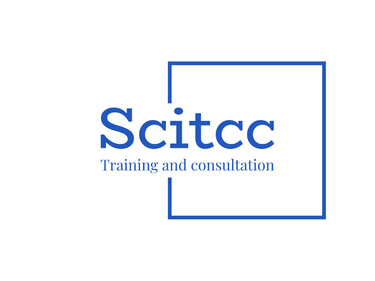
Mini MBA: Artificial Intelligence and Digital Transformation
Mini MBA: Artificial Intelligence and Digital Transformation
$3500.00
Day 1: Introduction to Artificial Intelligence and Digital Transformation
Objectives:
Learn the concept of artificial intelligence and its basics.
Understand the role of digital transformation in business.
Review the history of digital transformation and its impact on the business environment.
Topics:
Definition of artificial intelligence and assistive technologies.
The difference between artificial intelligence and digital transformation.
How digital transformation contributes to business development.
Case Study: The Impact of Digital Transformation on Some Major Companies.
Target audience:
Business managers.
IT people.
Entrepreneurs.
Learning method:
Theoretical lectures.
Group discussions.
Practical workshops to identify digital transformation opportunities.
Day 2: Artificial Intelligence in Business: Applications and Tools
Objectives:
Learn about AI applications in business.
Learn how to use AI tools to improve productivity and decision-making.
Topics:
Artificial intelligence in customer service (Chatbots, Personal Assistants).
Artificial intelligence in data analysis.
Using artificial intelligence in forecasting and market analysis.
Practical tools and applications (eg: IBM Watson, Google AI).
Target audience:
IT professionals.
Operations and Production Managers.
Data engineers.
Learning method:
Practical sessions on using AI tools.
Data analysis training using artificial intelligence techniques.
Applied case studies.
Day 3: Digital Transformation Strategies in Organizations
Objectives:
Understanding digital transformation strategies in companies.
Knowing how to develop and implement a digital transformation plan.
Topics:
Stages of digital transformation in institutions.
Developing a digital transformation strategy.
The role of leadership and management in the success of digital transformation.
Analyzing the challenges facing organizations during digital transformation.
Target audience:
Administrative leaders.
Digital transformation consultants.
Business strategy officers.
Learning method:
Case studies of companies that have successfully transformed digitally.
Workshops to build digital transformation strategies.
Change management training in the context of digital transformation.
Day 4: Applications of Artificial Intelligence and Digital Transformation in a Specific Industry
Objectives:
Understand how to apply artificial intelligence and digital transformation in different industries.
Identify the challenges and opportunities in each industry.
Topics:
Artificial intelligence in health.
Artificial intelligence in education.
Digital transformation in e-commerce.
Digital transformation in the financial sector.
Target audience:
Specialists in every industry.
Leaders who make decisions in those industries.
Learning method:
Specialized sessions for each industry.
Analysis and discussion of application cases in these industries.
Interactive sessions to solve problems and challenges.
Day 5: Planning for the Future: Artificial Intelligence and Digital Transformation in Business
Objectives:
Envisioning the future of artificial intelligence and digital transformation in the business sector.
Identifying future opportunities and trends.
Topics:
Future trends in artificial intelligence and digital transformation.
How to build a flexible business development strategy with AI.
Innovation and research and development in the digital age.
Building an organizational culture that keeps pace with digital transformation.
Target audience:
All course participants.
Strategy and Innovation Managers.
Research and development specialists.
Learning method:
An interactive lecture highlighting the future of business.
Group discussions on future directions.
Workshop to build future business development strategies.
Conclusion:
Final Exam: Assessment of knowledge gained throughout the course.
Target audience: All course participants.
Learning method: theoretical exam + group or individual project.
This is the general course design. It can be further customized based on your audience's requirements or the specific areas you focus on.


